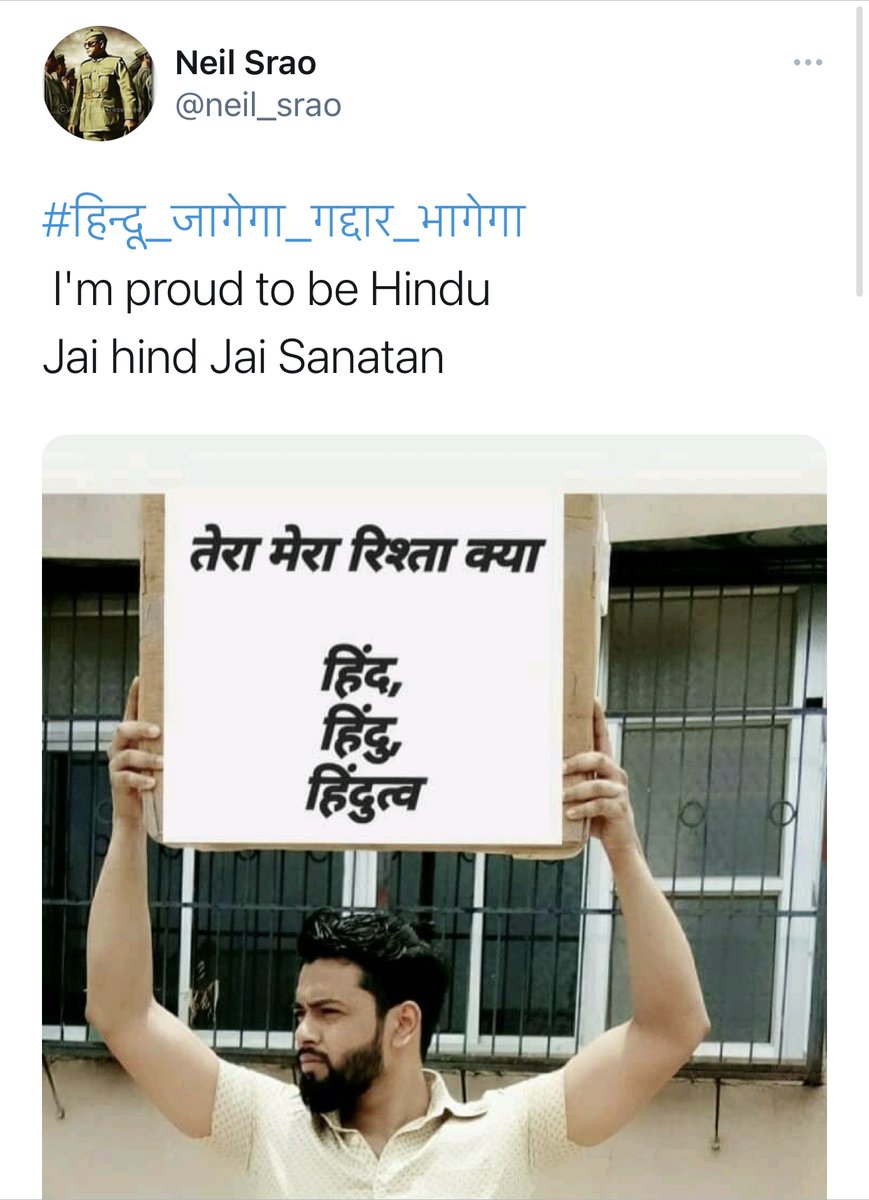This is why I'm not a critic of "cancel culture." It's crucial to impose social costs for the breech of key social norms. The lesson of overreaction is that we need to recalibrate judgment to get it right next time, not that we need a lot more bad judgment in the other direction.
Every single critic of "cancel culture" just thinks the wrong people are getting canceled. pic.twitter.com/DDIVccj8zV
— Michael Hobbes (@RottenInDenmark) February 2, 2021
More from Twitter
So regarding to my "bombshell"...it's perhaps a bit less dramatic than many presumed, yet it still troubles me a lot, to the point that I wondered whether I should stop posting on certain things
You see, I realized in the last few months that, by translating information and news related to one of the fastest growing spaceflight powers of the world...I inadvertently became a spreader of PRC propaganda.
And with me exactly 180 degrees away from them, I feel scared.
It actually started a few years ago - it's not hard to meet Chinese Twitter users interested in spaceflight, either those living overseas or find a way to climb over the wall. Not surprisingly, many of these S/F enthusiasts are interested in their own military too.
This steadily grew with my followers' count until the flagship Chinese spaceflight missions of 2020 (Chang'e 5 especially but also many others) brought in dozens of them liking/re-tweeting my info tweets sometimes, and similar no. of such followers every month.
I do casually check these new followers/users sometimes. To my horror, far too many of them routinely insults, attacks, mocks others who they see as "anti-China" or spread potential mis-information, even blatant attacks, that started off w/ their state media/spokesperson.
I'm going to make a bomb shell statement here around the turn of the year, something so risky that I face prospects of the Twitter account being attacked or even banned.
— Cosmic Penguin (@Cosmic_Penguin) December 31, 2020
It's about my very uneasy Twitter experience over the past 2-6 months, the worst I could ever remember.
You see, I realized in the last few months that, by translating information and news related to one of the fastest growing spaceflight powers of the world...I inadvertently became a spreader of PRC propaganda.
And with me exactly 180 degrees away from them, I feel scared.
It actually started a few years ago - it's not hard to meet Chinese Twitter users interested in spaceflight, either those living overseas or find a way to climb over the wall. Not surprisingly, many of these S/F enthusiasts are interested in their own military too.
This steadily grew with my followers' count until the flagship Chinese spaceflight missions of 2020 (Chang'e 5 especially but also many others) brought in dozens of them liking/re-tweeting my info tweets sometimes, and similar no. of such followers every month.
I do casually check these new followers/users sometimes. To my horror, far too many of them routinely insults, attacks, mocks others who they see as "anti-China" or spread potential mis-information, even blatant attacks, that started off w/ their state media/spokesperson.
You May Also Like
Krugman is, of course, right about this. BUT, note that universities can do a lot to revitalize declining and rural regions.
See this thing that @lymanstoneky wrote:
And see this thing that I wrote:
And see this book that @JamesFallows wrote:
And see this other thing that I wrote:
One thing I've been noticing about responses to today's column is that many people still don't get how strong the forces behind regional divergence are, and how hard to reverse 1/ https://t.co/Ft2aH1NcQt
— Paul Krugman (@paulkrugman) November 20, 2018
See this thing that @lymanstoneky wrote:
And see this thing that I wrote:
And see this book that @JamesFallows wrote:
And see this other thing that I wrote:
















